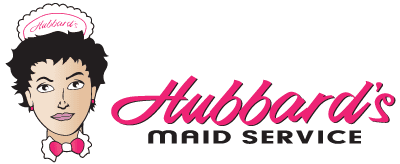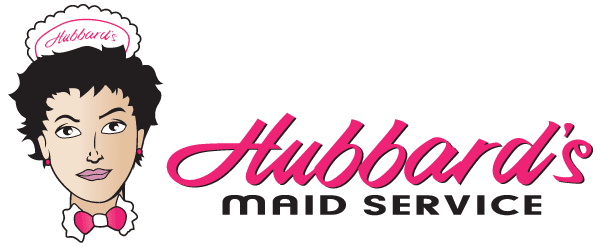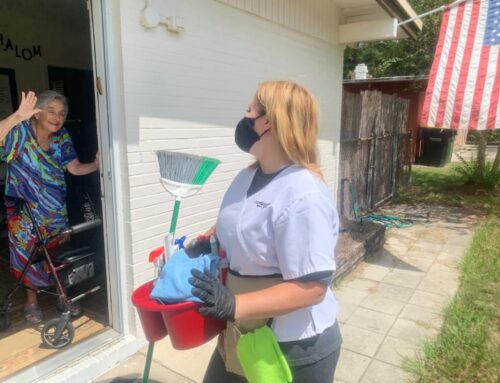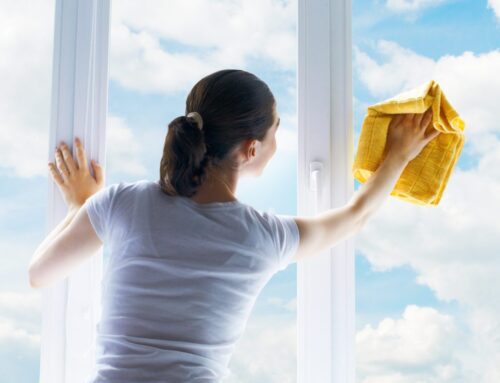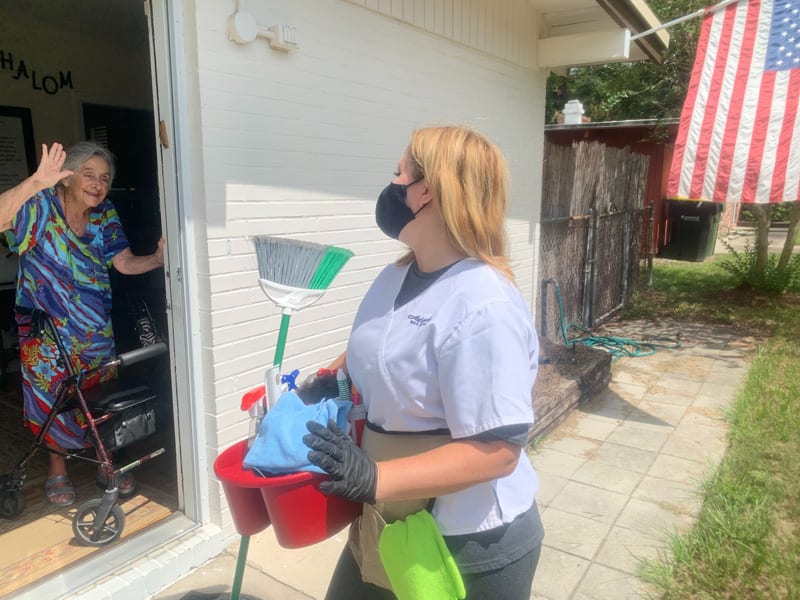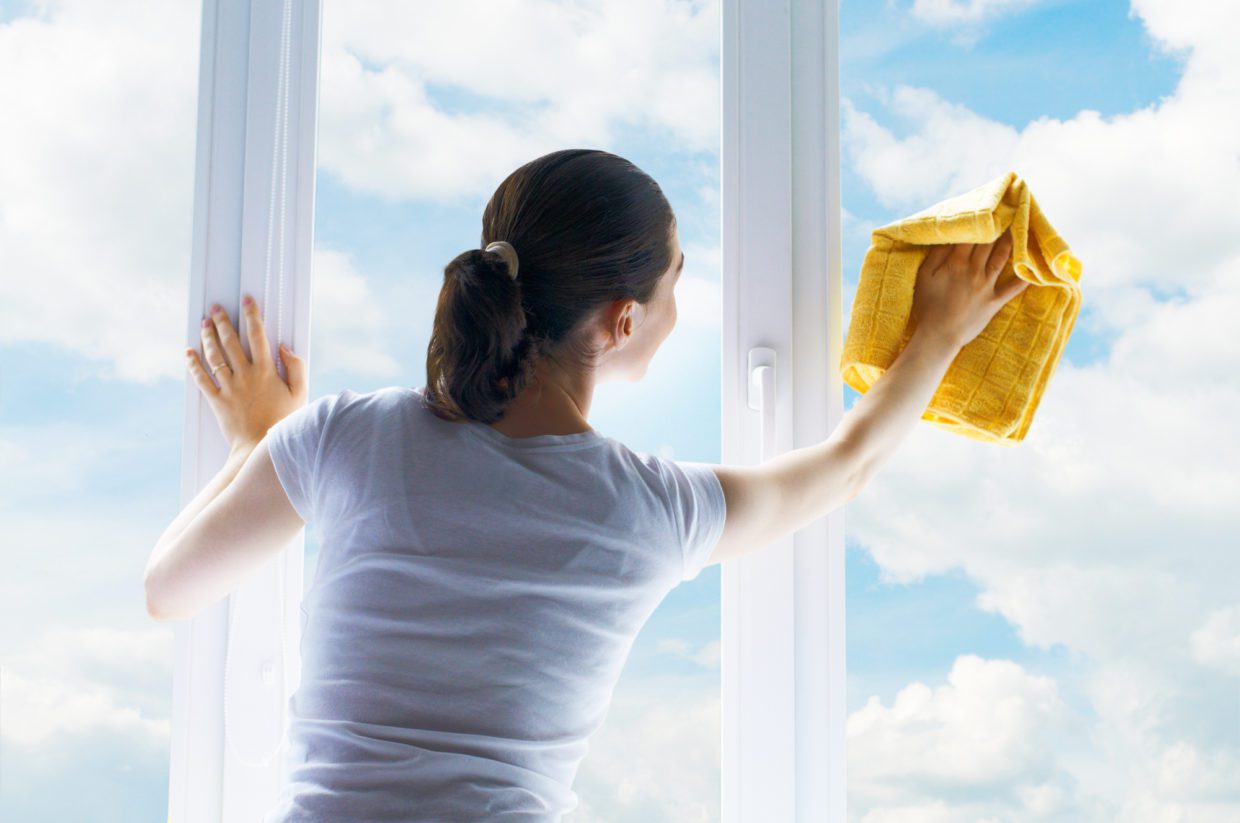
How to Thoroughly Sanitize a Kitchen
- Kitchen hygiene is vital—it's the home hub where food is prepared and families gather, so keep it clean and safe.
- Cleaning vs. sanitizing: clean removes dirt; sanitizing/disinfecting kills germs (disinfectants remove more microbes than sanitizers).
- Sanitize high-touch areas: wash with detergent, then use approved disinfectants on doorknobs, handles, counters, faucet handles, and fridge.
- Safe practices: use separate boards for raw meat, hot soapy washing, proper disinfectant contact time, gloves if needed, and wash hands after cleaning.
The kitchen is at the heart of the home. It’s where families gather to eat, chat, play, and spend quality time. It’s where food is prepared with love and shared together several times each day.
But nowadays, with the COVID-19 pandemic affecting all of our lives, you might be paying a bit more attention to disinfecting your kitchen. It’s important to keep your food preparation space clean, even at the best of times.
But what’s the best way to sanitize a kitchen? Read on for our top kitchen cleaning tips, to keep you and your family safe in these worrying times.
What’s the Difference Between Cleaning and Sanitizing?
Before COVID-19, you probably had a routine to clean your kitchen. But you might be wanting to step it up now and take extra precautions. So what’s meant by sanitizing or disinfecting and how is it different from normal cleaning?
Cleaning refers to removing visible particles, such as dust or dirt. An item that looks clean to the naked eye can still be contaminated with harmful germs and bacteria that can spread infection.
The process of removing these germs and bacteria is known as sanitizing or disinfecting. Whether the product is a disinfectant or a sanitizer will depend on the number of germs removed by the product or process. A disinfectant will remove 100% of microscopic organisms, whereas a product called a sanitizer will probably remove 99.9% and this will be considered safe for public health purposes.
Why Is Sanitization Important?
During this period of dealing with the pandemic, good hygiene is critical to reducing the spread of the virus. Regular hand-washing and disinfecting of frequently touched surfaces can help to protect us against the virus.
But even in normal times, excellent hygiene is important. Robust disinfection procedures can prevent food poisoning and also protect against the spread of other illnesses such as colds and the flu.
What to Use to Sanitize a Kitchen
It’s important to make sure you’re using the right kitchen sanitizer products, to ensure that your kitchen is properly clean and safe for food preparation. So what should you use for cleaning and sanitizing purposes?
Hot soapy water is useful for removing dirt and also for dissolving fat and oil. Water is also useful for giving things a final rinse. You should never mix hot water with disinfectants containing alcohol or bleach though. These agents will become toxic when inhaled, and mixing with hot water will generate steam.
Detergents and soaps are the best product to use to clean your kitchen, before using a disinfectant or sanitizer. Products containing alcohol and bleach should be used with care and according to the instructions.
How to Sanitize a Kitchen
After the basic cleaning is complete, all surfaces will be free from dirt and debris. Now it’s time to think about the sanitizing process. The most important areas to disinfect are areas that people touch most frequently.
High-touch surfaces include doorknobs, the handles of drawers and appliances, light switches, faucet handles, tabletops, and kitchen counters. You may also want to pay special attention to cleaning the fridge. Other areas where germs can gather include trash cans and around the garbage disposal.
The first step is to wash your hands with soap and water before you start cleaning. You should then clean surfaces with detergent and water, to remove dirt and obvious particles. Then the next step is to use a disinfectant or sanitizing product to clean the surfaces.
Different products need to be used in different ways. For cleaning products to be effective against COVID-19, they have to be used correctly and left on the surface for the specified amount of time.
More Kitchen Cleaning Tips
You should always use separate chopping boards for raw meat and other food groups. It’s best practice to wash them immediately after use, in hot soapy water. Some people also like to use a bleach solution to sanitize their chopping boards.
You should wash all your tools and utensils after each cooking session. If someone in the household is sick, it’s sensible to use gloves to handle items and ensure that everything is washed in hot soapy water or on the hottest temperature setting of your dishwasher.
You should make sure that any spillage in the fridge is mopped up immediately. Food spills in fridges are a perfect breeding ground for bacteria. This is particularly critical in the case of raw meat juices, which could contaminate other food and cause food poisoning.
You should also use a bleach solution to mop the floors at the end of a cleaning solution. This will ensure that anything that has fallen on the floor after surfaces have been wiped is also removed. Some people like to wear gloves while cleaning. This is particularly important if you’re using strong chemicals containing bleach and alcohol.
Disposable gloves are best to prevent cross-contamination, but you can also use reusable gloves can also if they are specifically allocated to cleaning. They should be washed between uses.
Finally, you should make sure that you wash your hands thoroughly after cleaning your kitchen. This will remove any transferred germs and protect your skin from damage from cleaning products.
Home Cleaning Services You Can Rely On
It can take a lot of work to thoroughly clean and sanitize a kitchen. It may well be that you’re too busy to keep on top of this yourself. Perhaps you would prefer someone to take the load off your shoulders and undertake this service for you?
Hubbard’s Maid Services offer a variety of house cleaning services. Our professional and efficient teams of cleaners can ensure that every room in your house is clean and germ-free, helping to keep you and your family safe. We also offer laundry services.
We operate across a range of locations in the Savannah area. Contact us now to request a quote!
Share this article
Follow us
A quick overview of the topics covered in this article.
